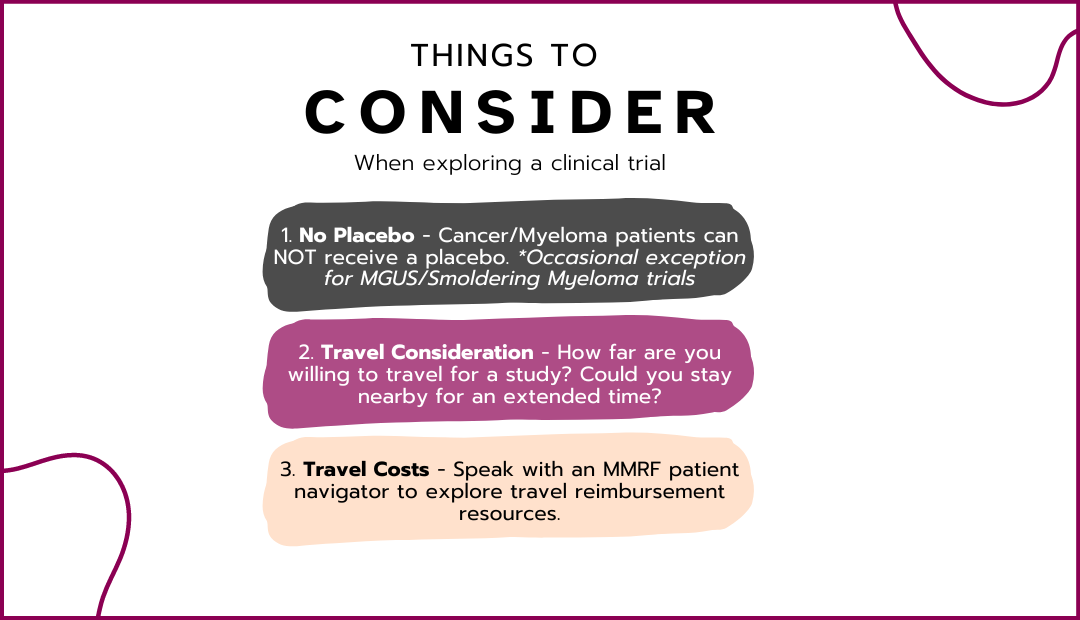Feasibility and Safety of Collecting and Combining Autologous Hematopoietic Stem Cells with Chimeric Antigen Receptor (CAR) T-Cell Therapy in Subjects with Relapsed/Refractory Hematological Malignancies
NCT05887167
Age 18 - 85
Sex Both
Phase Phase 1
Third Opinion Trial Synopsis
In this clinical study, researchers are exploring a new treatment approach for patients. The study focuses on a combination of therapies that aim to improve outcomes for individuals with specific health conditions. Here are some key points about the study:
- The treatment involves a unique combination of therapies that have not been widely tested together before.
- Participants will receive a tailored treatment plan based on their individual health needs.
- The study aims to assess the effectiveness of this combination in improving patient outcomes compared to standard treatments.
- Researchers are particularly interested in how this approach can enhance the quality of life for patients.
- The study includes a diverse group of participants to ensure the findings are applicable to a wide range of individuals.
- Patients will be closely monitored throughout the study to track their progress and any side effects.
- The research team is committed to using the latest technology and methods to gather accurate data on the treatment's effectiveness.
Third Opinion AI Generated Synopsis
Trial Summary
The study is designed to examine the feasibility and safety of collecting autologous hematopoietic stem cells (HSCs) to be combined with CAR T-cell therapy for patients with relapsed/refractory (r/r) hematological disease. The study will evaluate feasibility of collecting the target dose of HSCs from at least 50% of enrolled patients. The study will assess safety based on incidence and severity of cytokine release syndrome (CRS) and immune effector cell-associated neurotoxicity syndrome (ICANS) in the first 60 days post CAR T dosing, and also through the collection of adverse events (AEs) and serious adverse events (SAEs) as well as the durability of response after treatment with HSCs with CAR T. The study follows an open-label, single-center and single non-randomized cohort design. 20 subjects with r/r hematological malignancies will be enrolled and treated to evaluate the feasibility and preliminary safety of collecting autologous HSCs and combining them with CAR T-cell therapy.
The study is designed to examine the feasibility and safety of collecting autologous hematopoietic stem cells (HSCs) to be combined with CAR T-cell therapy for patients with relapsed/refractory (r/r) hematological disease. The study will evaluate feasibility of collecting the target dose of HSCs from at least 50% of enrolled patients. The study will assess safety based on incidence and severity of cytokine release syndrome (CRS) and immune effector cell-associated neurotoxicity syndrome (ICANS) in the first 60 days post CAR T dosing, and also through the collection of adverse events (AEs) and serious adverse events (SAEs) as well as the durability of response after treatment with HSCs with CAR T. The study follows an open-label, single-center and single non-randomized cohort design. 20 subjects with r/r hematological malignancies will be enrolled and treated to evaluate the feasibility and preliminary safety of collecting autologous HSCs and combining them with CAR T-cell therapy.
from ClinicalTrials.gov
Locations & Contact
Fill out the form and to let the Multiple Myeloma Research Foundation know you are interested in this trial.
Contacts:

